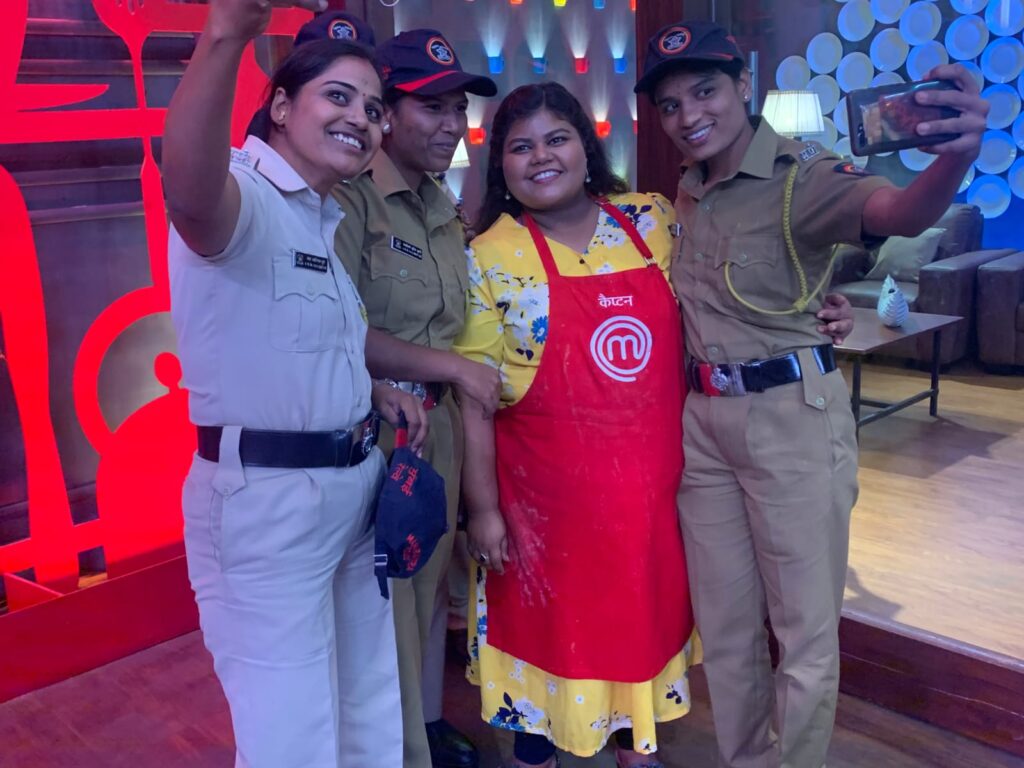Now Reading: How to Handle Toxic Relatives Without Drama or Guilt
-
01
How to Handle Toxic Relatives Without Drama or Guilt
How to Handle Toxic Relatives Without Drama or Guilt

Every family has that one relative who pushes boundaries, brings negativity, or leaves you feeling emotionally drained. In Indian households—especially in Tier 2 cities where extended families often stay connected—cutting ties isn’t always an option. The challenge isn’t just avoiding conflict but maintaining your peace without disrespecting cultural expectations. So how do you handle toxic relatives without turning family gatherings into battlegrounds?
Recognising Subtle Toxicity
Toxic behaviour isn’t always loud or obvious. It could be constant comparisons, backhanded compliments, unsolicited advice, or guilt-tripping disguised as care. Many times, these behaviours get brushed off as “just how they are.” But repeated emotional discomfort is reason enough to take it seriously. Acknowledging the problem is the first step—not to create drama, but to protect your own emotional space.
Setting Boundaries Without Offending
Indian culture often confuses silence with respect, and speaking up with rebellion. But setting clear, calm boundaries doesn’t mean you’re being rude. It means you’re being honest. Whether it’s limiting how often you meet or steering away from triggering topics, small steps make a difference. Use polite but firm language. You don’t owe anyone access to your inner life just because they’re family.
Managing Expectations at Functions
Family functions can be especially tricky—there’s pressure to smile through passive-aggressive comments or tolerate microaggressions. The key is to plan ahead. Stay close to people you’re comfortable with, take short breaks to breathe, and if needed, excuse yourself early. You’re not there to prove anything. You’re there to show up—and that’s enough.
Dealing with Gossip or Criticism
If a relative talks behind your back, resist the urge to confront them aggressively. Instead, focus on your actions, not their opinions. Silence can be more powerful than an argument. If needed, clarify facts once and let it go. Trying to explain yourself repeatedly to people who’ve already judged you only drains your energy.
When to Distance Yourself
Sometimes, the healthiest choice is limited or no contact. This might seem harsh in Indian families where “log kya kahenge” holds weight, but your mental health matters more. Create physical or emotional distance if necessary. You can still wish them well without allowing them into your personal space.
Conclusion
Dealing with toxic relatives in India isn’t about cutting ties recklessly. It’s about making room for your own wellbeing while still navigating family values. The balance isn’t always easy, but it’s possible—when you know where to draw the line, and how to stand by it with grace.

























